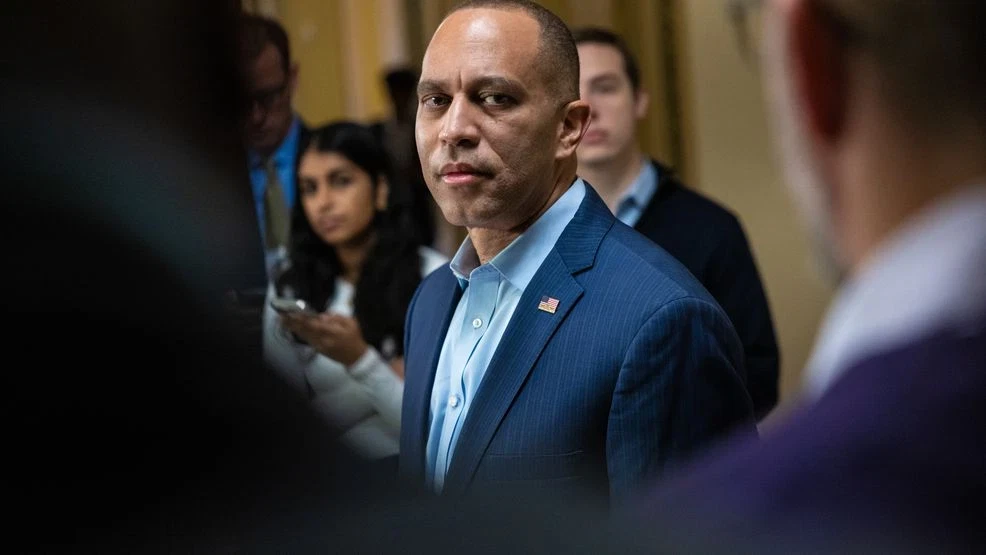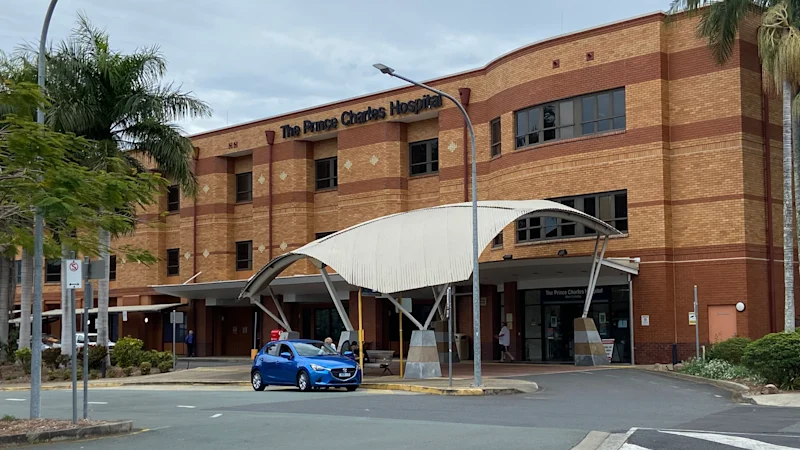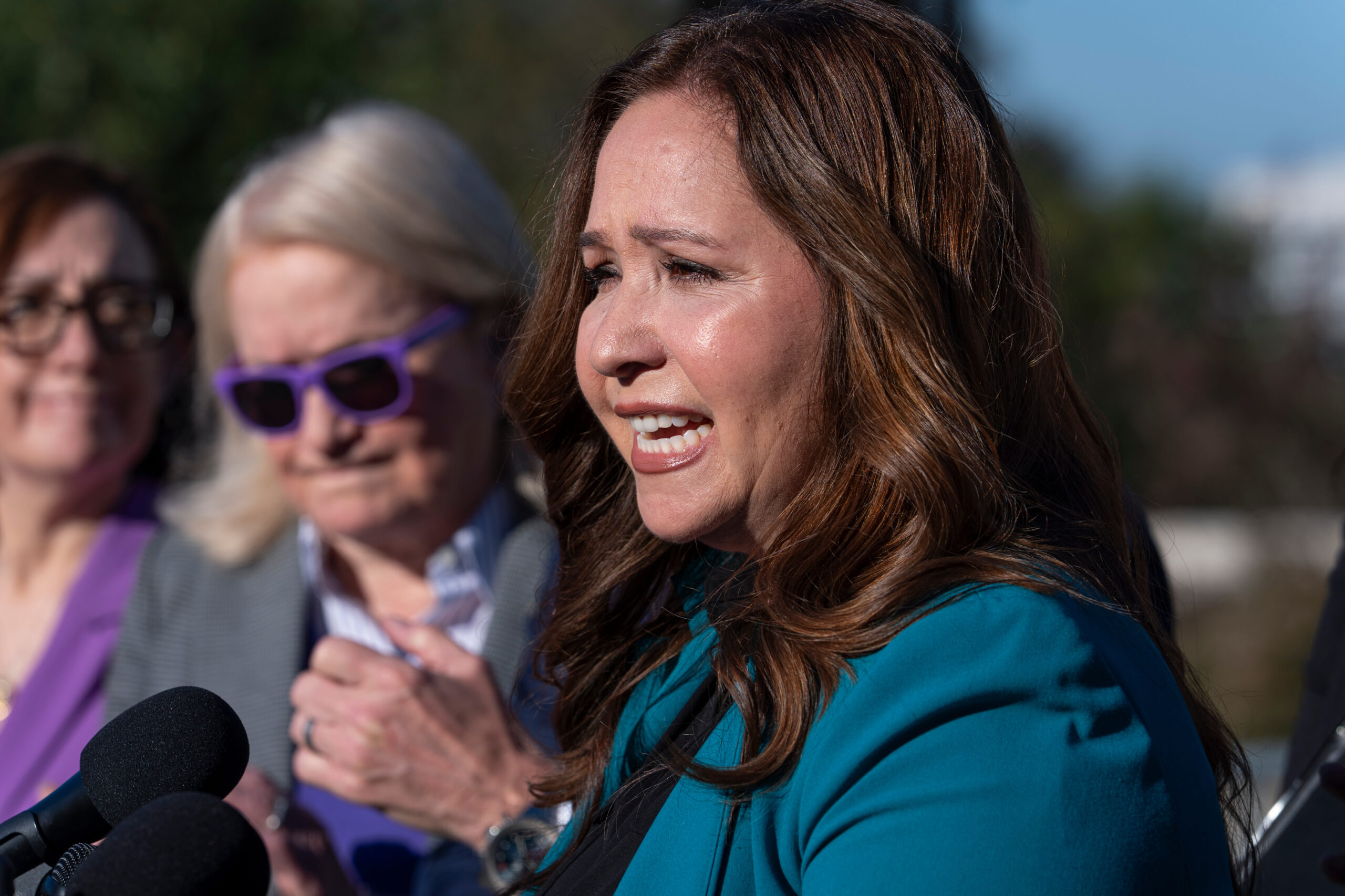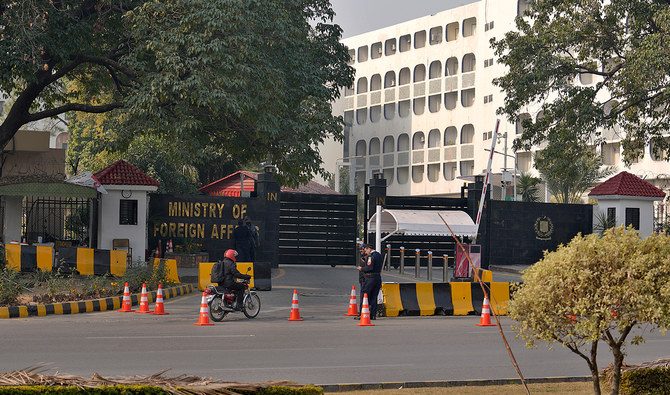Copyright Norfolk Virginian-Pilot

For too long, Washington has steered the Medicare payment system down a road that starves it of sufficient funding and ultimately penalizes physicians, patients and taxpayers. Fortunately, after four consecutive years of cuts to Medicare physician payments under the Biden administration, there’s finally a small payment increase coming in 2026 thanks to President Donald Trump. That’s good news. A modest bump, however, won’t fully fix a system that’s been deteriorating for decades. That will instead require longer-term reforms to the Medicare Physician Fee Schedule (MPFS), which will help strengthen independent medicine and improve Americans’ access to care. The emerging crisis comes into sharp focus at the individual state level. In Virginia, for example, independent physician practices — many of them family-owned small businesses — are being pushed to the brink. Simply put, the MPFS for decades hasn’t kept up with the real costs of running a practice. Rent has increased. The cost of medical supplies has increased. Staff salaries have increased. Medicare payments, however, have been on a steady decline. In fact, after adjusting for inflation, doctors are being reimbursed significantly less from Medicare today than they were in 2001 — 33% less according to the American Medical Association. That might work for big hospital systems with armies of administrators and deep financial reserves. But it doesn’t work for the independent practices in places such as Franklin, Farmville, Staunton or Abingdon — the ones treating patients who might not have another doctor within 50 miles. When Medicare proposes physician reimbursement rates below the cost of care year after year, these practices face impossible choices. Are they supposed to stop taking Medicare patients? Do they cut back on services? Accept buyouts from larger hospitals and health systems? Or do they shut their doors altogether? Too often, it’s the last option. And once a local doctor’s office closes, it’s almost impossible to bring it back. The consequences to everyday Virginians are real: seniors traveling hours for basic appointments, crowded waiting rooms and higher costs, and communities left without local care. In rural Virginia, that can mean someone puts off seeing a doctor until it’s too late — because the drive is too long, or the wait is too frustrating. We should all agree that this isn’t the kind of health care system we want for our parents, our neighbors or ourselves. As noted above, the Trump administration is making headway on this issue, but we need Congress to make permanent changes so that Medicare keeps up with inflation, just like it does for hospitals, nursing centers and other providers. To be clear, this isn’t about throwing more money at a problem — it’s about making sure the payments reflect the actual cost of delivering care and preventing the kind of consolidation that drives up costs for everyone. When independent doctors sell out to hospital systems, patients, Medicare and taxpayers all end up paying more. Conservatives have always valued competition and choice, and independent physician practices are a prime example of both. They compete on service, on patient relationships and on keeping care affordable. We should be doing everything we can to help them thrive — not squeezing them out with outdated payment formulas. The 2026 increase is a start. But now is the time to follow through with a real fix. Virginia’s doctors — and the patients who rely on them — can’t wait another five years for Washington to act. A healthy, competitive health care system starts with keeping care close to home. That means protecting independent practices, supporting fair Medicare payments, and making sure that in every corner of Virginia, patients can see a doctor when they need one. Congress has the opportunity to make that happen by passing long-term reform of the MPFS. Now, they just have to do it. Timothy Lee of Alexandria is senior vice president of legal and public affairs at the Virginia-based Center for Individual Freedom.



